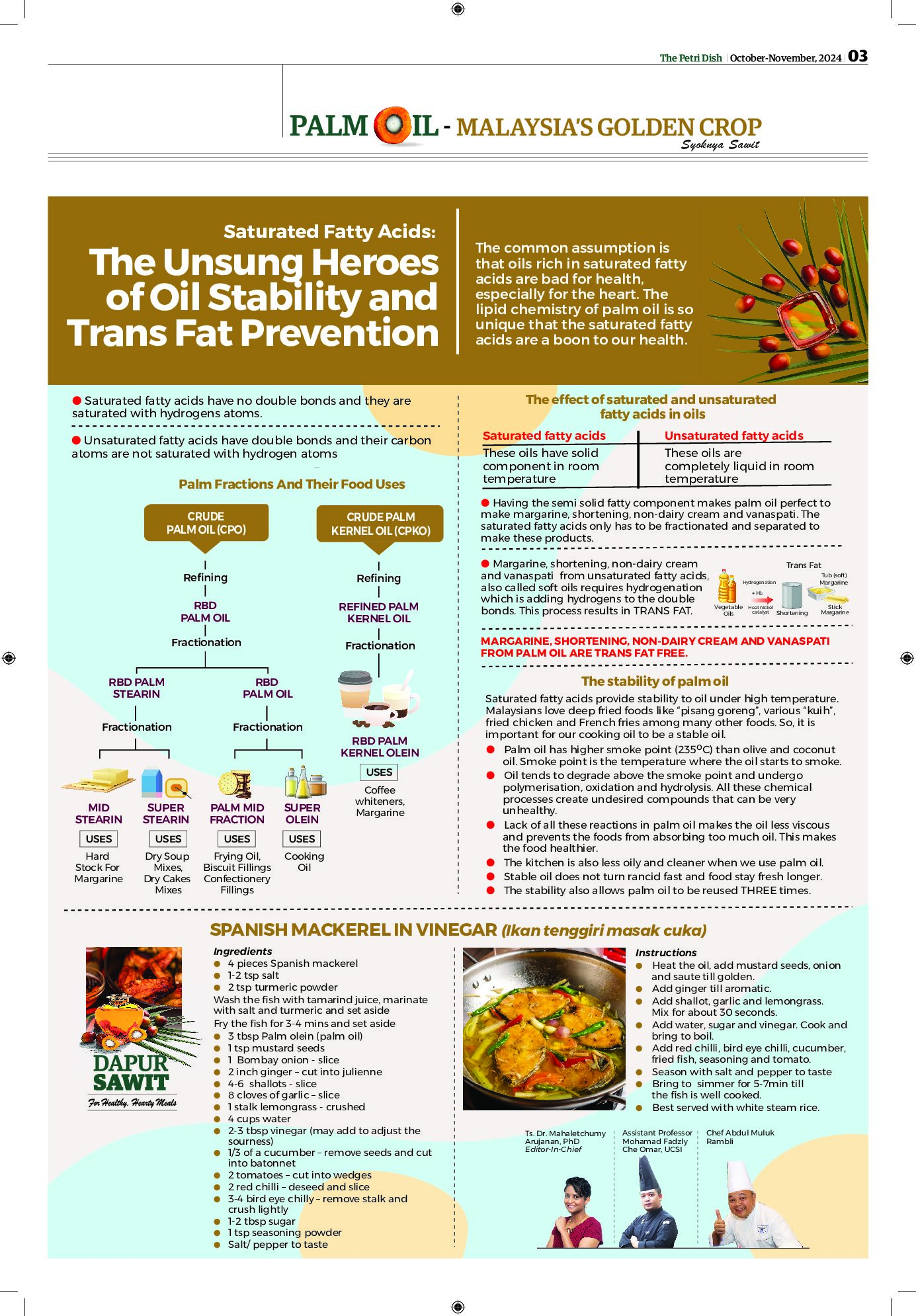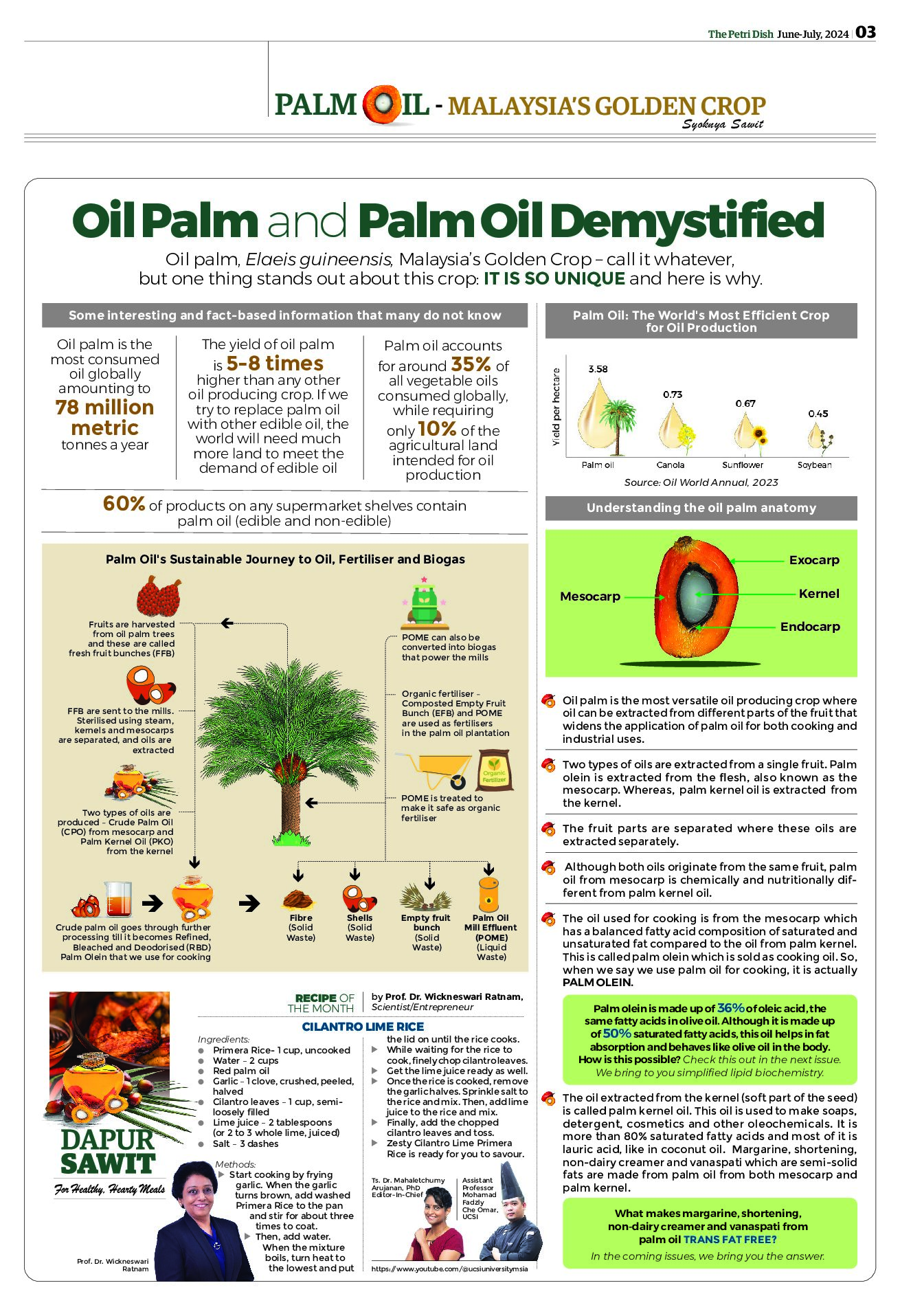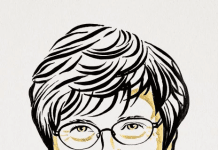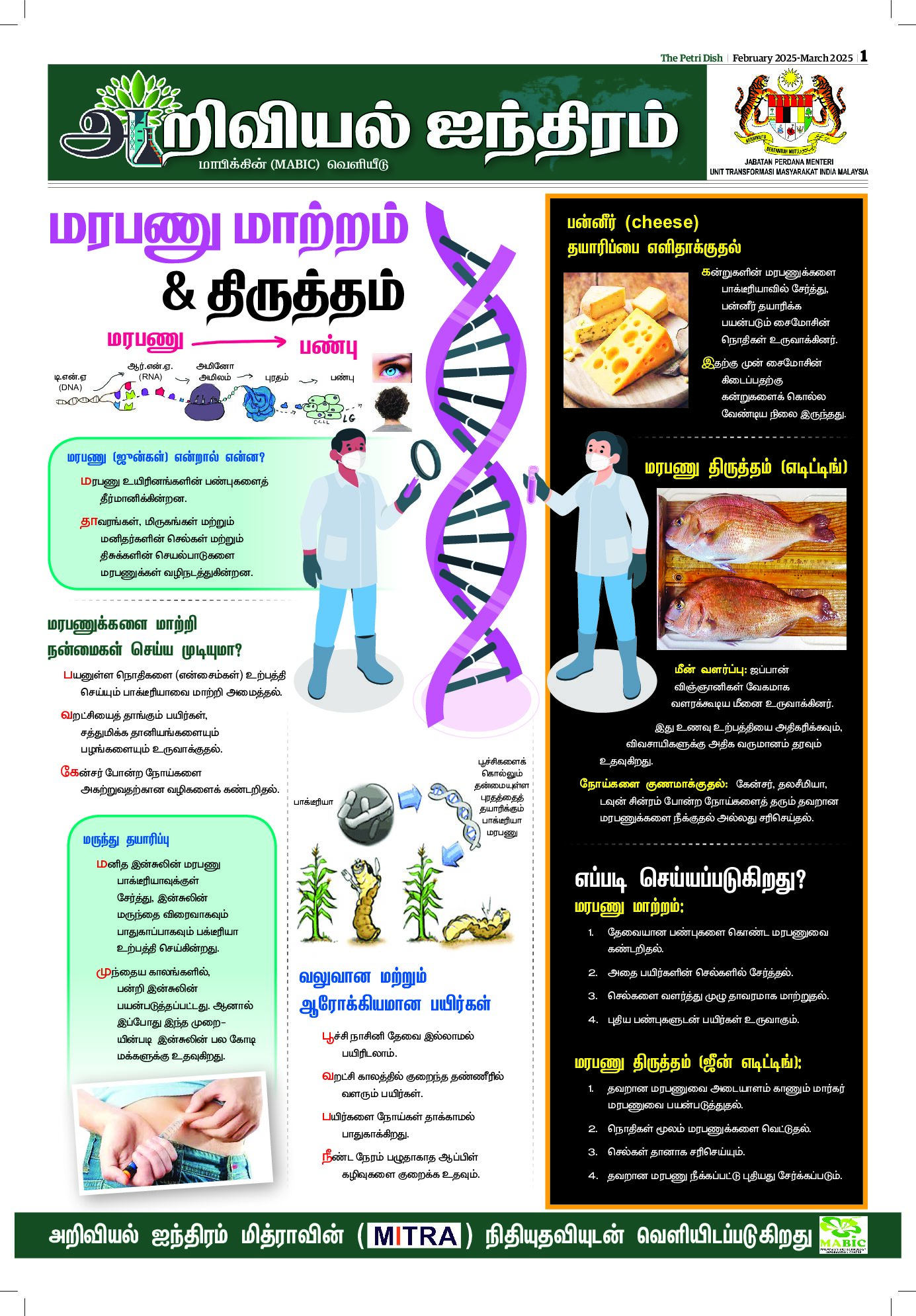TEO SOO-HWANG, Chief Executive Officer for Cancer Research Malaysia has been awarded an Honorary Officer of the Most Excellent Order of the British Empire (OBE) from HM Queen Elizabeth II for services to medical research.
The Cambridge University graduate was the only Malaysian among 221 Honorary OBE recipients in the 2018 New Year’s Honours List, the commission said.
Professor Teo, who hails from Subang Jaya was joined by her family, friends, colleagues and partners recently at an investiture ceremony performed by Her Excellency Vicki Treadell CMG MVO, British High Commissioner to Malaysia, at her Residence in Kuala Lumpur.
“Professor Teo’s work has fundamentally contributed to global understanding of cancer
risk factors and genetics amongst the Asian community. This will help inform better cancer
screening guidelines and treatment worldwide,” Treadell said.
Teo meanwhile thanked her colleagues and team from Cancer Research Malaysia for the
award.
“When we first started, no one thought that a non-profit Malaysian organisation in a low resource setting could succeed in cancer research. Today is possible because of countless
donors, supporters, partners, doctors and most importantly, patients who have walked with us along this journey,” she said.
Teo co-founded Cancer Research Malaysia in 2001 and the non-profit’s work has improved
cancer treatment access for at least 2000 Malaysian women to date.
Teo has been recognised for her outstanding scientific leadership in developing research
collaboration between Malaysia and the UK and on a global level, for working to improve the diagnosis and treatment for a variety of cancers.
Teo works closely with a wide range of UK research bodies and institutions, such as Cancer Research UK and the Universities of Cambridge – specialising in Asian genetics and cancers particularly prevalent within Asian communities.
With a particular focus on breast, ovarian, nasopharyngeal and oral cancers, research
conducted by Teo and her team has helped inform studies that underpin the development
of Precision Medicine, which is revolutionising the way medicine is practiced in the UK and
around the world by creating bespoke cancer treatments according to the genetic profile of
individual patients.













